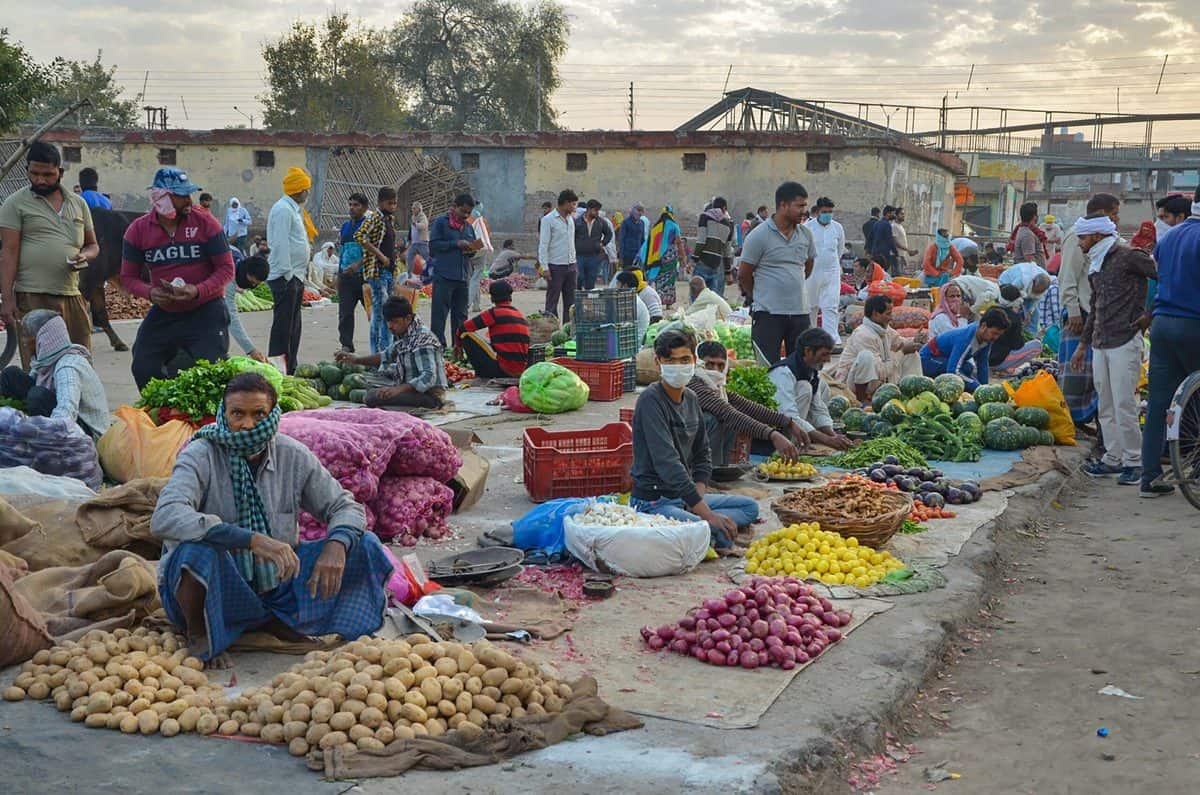
Populism and pandemic: India walks the razor’s edge
Soon after presenting this year’s Budget, Finance Minister Nirmala Sitharaman termed it as an “aspirational budget.” Her remark came about 45 days ahead of India announcing its first lockdown, and ever since the country walked the thin ice of economic downturn.

Soon after presenting this year’s Budget, Finance Minister Nirmala Sitharaman termed it as an “aspirational budget.” Her remark came about 45 days ahead of India announcing its first lockdown, and ever since the country walked the thin ice of economic downturn.
A JPMorgan Chase & Co report said on Wednesday (August 19) that India was likely to see a surge in populist politics as it battled the world’s third-highest number of coronavirus cases, posing a key risk for companies whose fortunes were closely tied to the economy.
Populism’s real test has come during the pandemic: The Prime Minister’s ₹20-lakh crore package to revive a sagging economy and almost a daily dose of fiscal steps ever since a lockdown-driven economy groaned under the weight of demand evaporation and slowest-ever manufacturing gave a clear impression of how tough the path of economic recovery could be.
“Rising populism could impact market valuations, at least in part due to protectionist trade and foreign direct investment policies inhibiting growth,” analysts led by James R. Sullivan in Singapore, wrote in a JP Morgan note ‘Populism is a justifiable concern for investors.’
India is battling one of the world’s fastest growth of the epidemic, while the recovery in business activity remains patchy even after the gradual lifting of the virus-related restrictions.
Populism has generally been used for fiscal handouts for the less privileged — loan waivers and poverty alleviation schemes. The vulnerabilities in agricultural supply chains and depleted workforces caused by the COVID-19 crisis have hurt farms of all sizes in India, especially high-value farm enterprises.
In May Prime Minister Modi asked his top ministers and bureaucrats to start working on a new set of reforms to cut down archaic regulations, raise farm-gate prices, unify domestic markets as well as integrate the farm economy into global value chains. These are the demands by key farmer groups as well as a range of economists and agricultural experts over the years.
The devastation from the pandemic is fostering conditions in which populist rhetoric thrives, while the falling share of income going to the lower and middle-income groups will likely worsen this trend, the analysts said in the note.
Populism is linked with weaker economic growth in the long-term, which could weigh on India’s rich equity valuations, the note said.
However, populism is also rampantly anti-elitist as it strives to gain short-term benefits and leaves the larger good of the economy to the future’s fluctuations. That’s a dangerous misstep, analysts warn.
On March 25, a day after announcing the lockdown, Prime Minister Modi had said: “The Mahabharat war was won in 18 days. The war the entire nation is now fighting against corona is going to last for 21 days. We will attempt to win this war in 21 days”.
But the battle continues, as the badly-bruised economy awaits better days.

